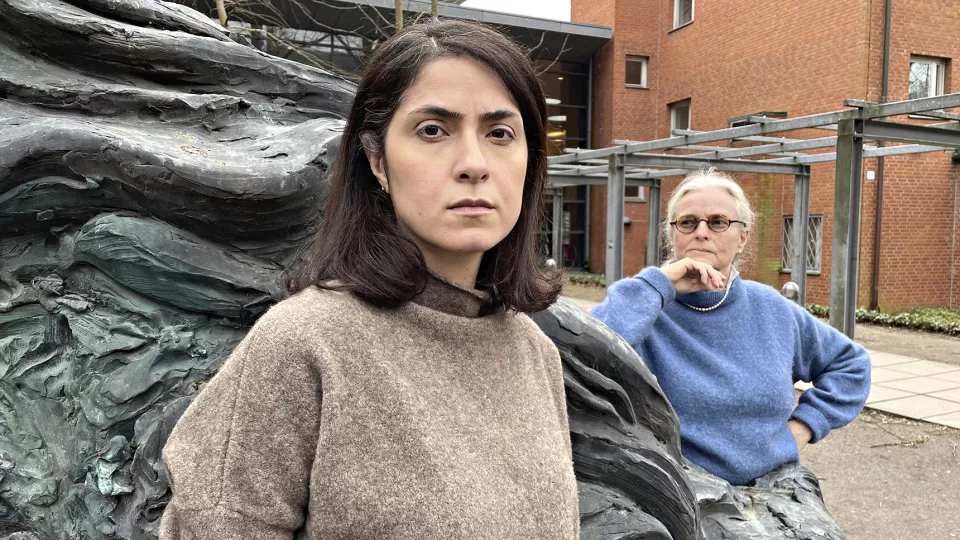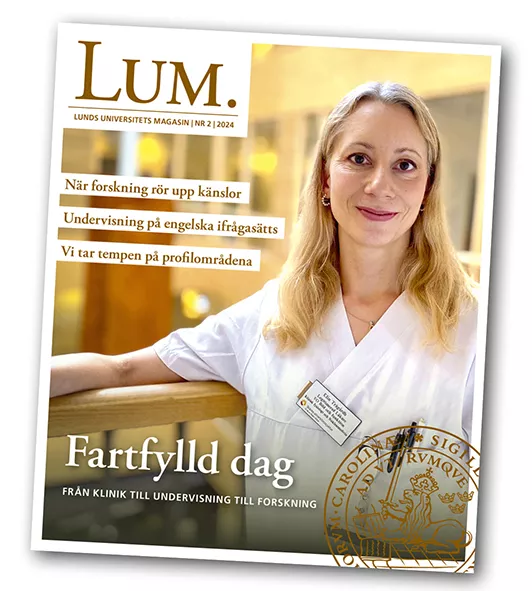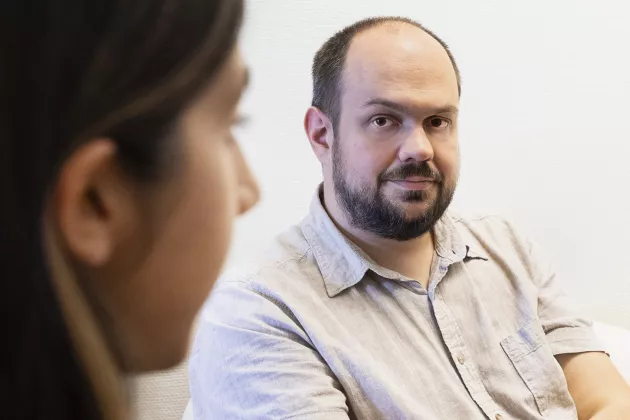Five months have passed since Professor Carita Paradis discovered that parts of her former doctoral student Sara Farshchi's five-year-old thesis had been plagiarised by three Ukrainian researchers and that the plagiarism had been published by international publishers Springer, among others.
Despite repeated requests, Springer has not depublished and the Ukrainian researchers have not suffered any consequences for their cheating. Other than the fact that they were barred from attending the Future Technologies Conference in San Francisco, where they also had the plagiarism published.
"Hold them accountable"
Sara Farshchi feels frustrated. This is partly because Springer has not depublished the plagiarism, and partly because she has not received support and help from Lund University in the months since.
“I wish the University Management had contacted the universities and researchers in Ukraine and held them accountable for what they have done.”
Swedish daily newspaper Sydsvenskan was the first to report on the theft of text that Sara Farshchi has fallen victim to. Since then, she has received emails from researchers in Ukraine expressing their dismay at what their compatriots have done. They also told her which organisations in Ukraine she could turn to for redress.
Cheating must have consequences
“And the chance of me getting that increases significantly if it is not me complaining myself, as an individual researcher from a foreign university," says Sara Farshchi.
“I want Springer to depublish the plagiarised material and take responsibility for their mistakes. And I want these three researchers to be held accountable in some way, I want their cheating to have consequences for them. I also want Lund University to clearly demonstrate its support, as I do not know if the University is supporting me and other researchers in the same situation.”
LUM has contacted the University Management.




